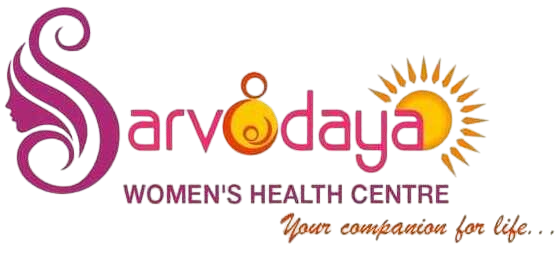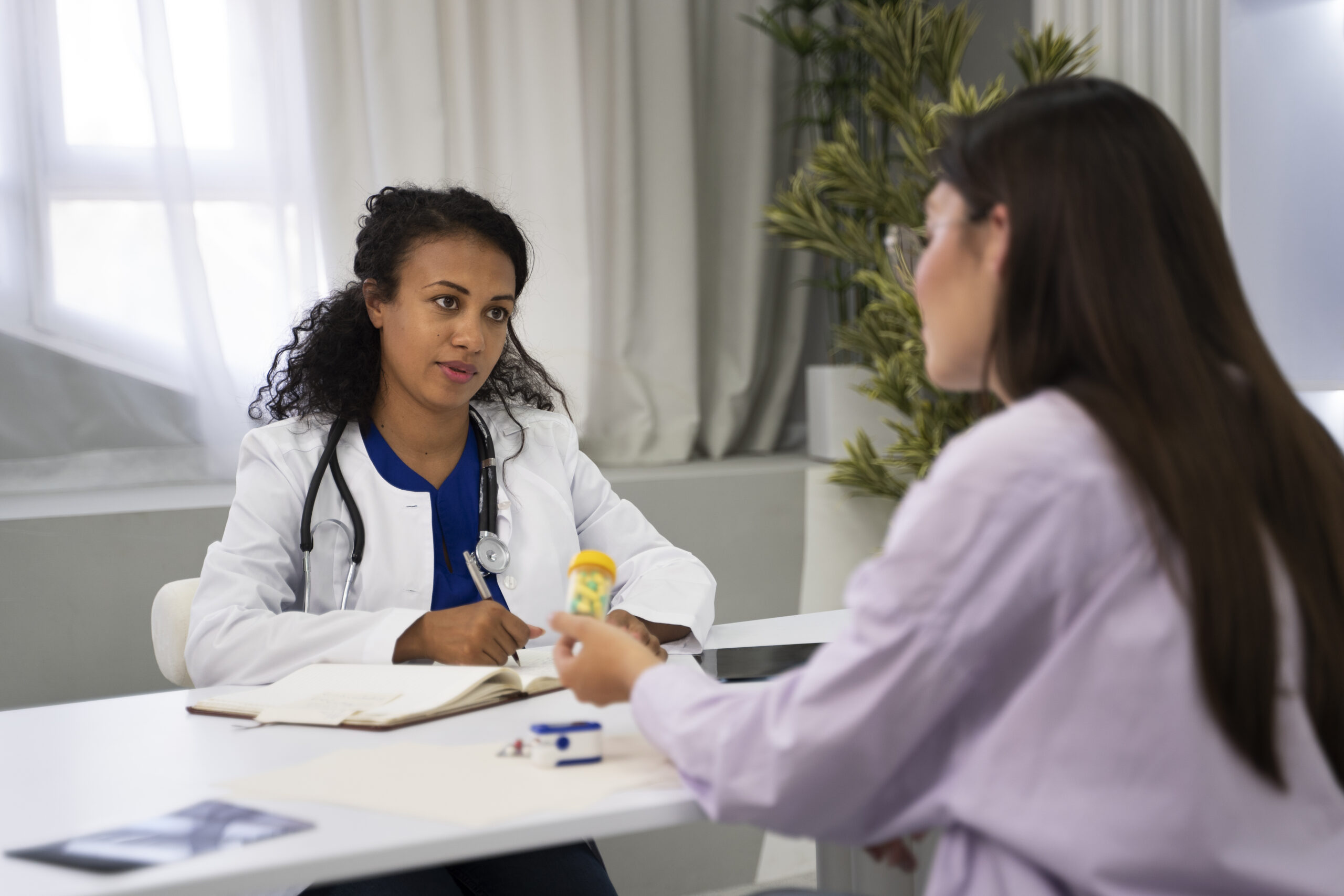


Supporting Young Girls Through Every Stage of Growth
At our clinic, we understand that adolescence is a time of transformation—physically, emotionally, and socially. We offer a safe, respectful, and confidential space for young girls and their families to navigate this journey with expert guidance and care.
Our female adolescent health services are designed to promote long-term wellness and empower young women with knowledge, confidence, and support.


(All services provided confidentially and respectfully)
We provide non-judgmental, inclusive care to all adolescents—regardless of background, identity, or beliefs. Your privacy, comfort, and dignity are our top priorities.
Bring your daughter in for a visit if she
Yes, it is completely normal for teenagers to have irregular periods during the first few years after they begin menstruating. Your menstrual cycle can range from 21 to 45 days and may fluctuate as your body is still adjusting to hormonal changes. However, if your periods are consistently very irregular, very heavy, or extremely painful, it’s a good idea to consult a gynecologist.
Menstrual cramps are a common issue for many adolescent girls. Here are some ways to manage the discomfort :
● Over-the-counter pain relievers : Medications like ibuprofen or naproxen can help alleviate pain.
● Heat therapy : Using a heating pad or warm compress on your abdomen can relieve cramping.
● Exercise : Light physical activity, like walking or yoga, can help reduce cramps.
● Dietary changes : Eating a balanced diet rich in vitamins and minerals may help reduce the severity of cramps.
● Hydration : Drinking plenty of water helps prevent bloating and discomfort.
If your cramps are severe and interfere with daily activities, it’s important to talk to a healthcare provider to rule out conditions like endometriosis or fibroids.
Adolescent girls may consider birth control for several reasons, including :
● To regulate menstrual cycles and reduce symptoms like heavy bleeding or painful cramps.
● To prevent pregnancy if they are sexually active.
● To manage acne or other hormonal imbalances (like those caused by PCOS).
Common birth control options for adolescents include :
● Oral contraceptives (birth control pills) : A common method that is effective in regulating periods and preventing pregnancy.
● Contraceptive patches or vaginal rings : These deliver hormones through the skin or vaginal lining.
● Intrauterine devices (IUDs) : A small device placed in the uterus to prevent pregnancy.
● Implants : Small, flexible rods placed under the skin that release hormones to prevent pregnancy.
● Condoms : A non-hormonal option that also helps prevent sexually transmitted infections (STIs).
Your gynecologist can help you decide which option is best for your lifestyle and health.
Taking care of your reproductive health during adolescence involves :
● Maintaining good hygiene : Regularly wash the genital area with mild soap and water. Avoid using douches or strong scented products, as they can irritate the vaginal area.
● Tracking your menstrual cycle : Keep track of your periods, their frequency, and any changes. This can help identify potential issues early.
● Staying active and healthy : Regular exercise and a balanced diet contribute to overall health, including reproductive health.
● Getting vaccinated : Consider getting the HPV vaccine, which helps protect against human papillomavirus, a major cause of cervical cancer.
● Regular check-ups : Schedule routine visits to your gynecologist to monitor your health and address any concerns.
Yes, mood swings are very common during adolescence due to hormonal changes that affect the menstrual cycle, puberty, and brain chemistry. It’s important to understand that these changes are a natural part of growing up. However, if mood swings are severe, persist for long periods, or interfere with daily life, it may indicate underlying issues such as depression or anxiety, and you should seek professional help.

Premier women’s healthcare facility
Near SDM Engg College, Opp Police Training School, Kalaghatagi Road, Giri Nagar, Dharwad - 580002